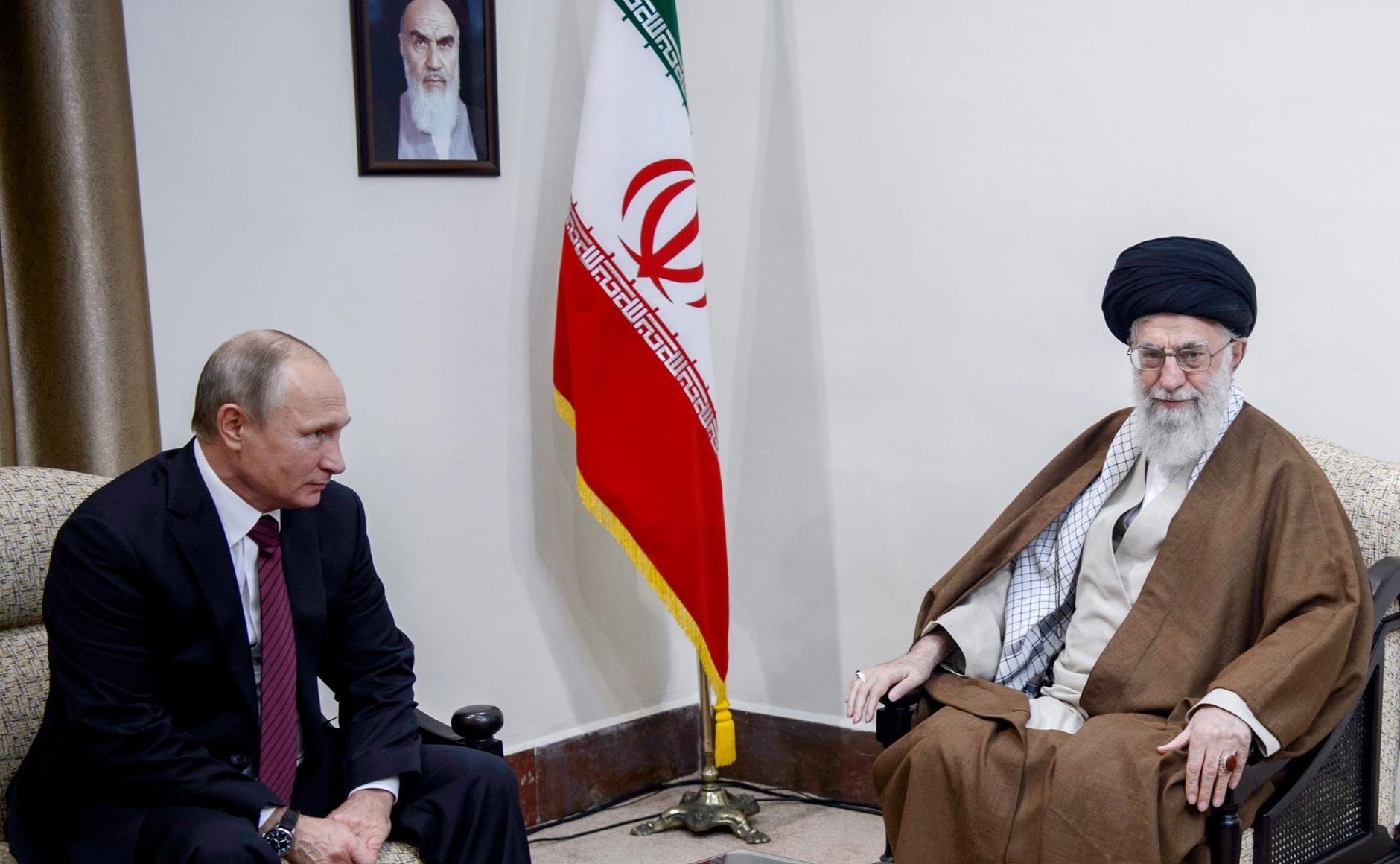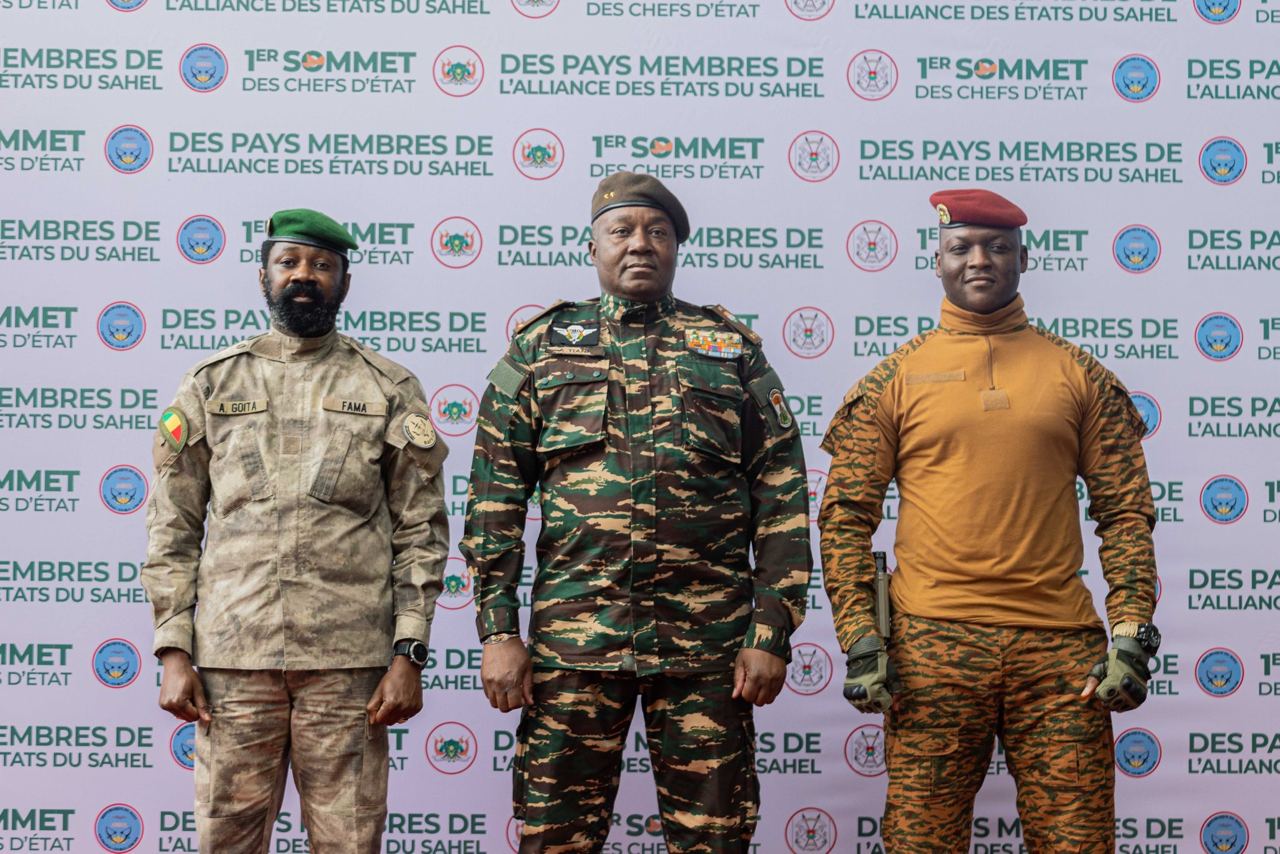NO REHABILITATION FOR STALIN’S POLICE CHIEF.
NO REHABILITATION FOR STALIN’S POLICE CHIEF.
The Military Collegium of Russia’s Supreme Court has rejected a plea for the rehabilitation of Nikolai Yezhov, Soviet police chief who headed the People’s Commissariat of Internal Affairs (NKVD) from 1936-38 and whose name is synonymous with some of the worst years of Stalin’s terror. Yezhov replaced Genrikh Yagoda, who headed the NKVD from 1934-36 and who was shot in 1938 after a show trial. Yezhov’s reign of terror lasted two years before he himself was tried and executed in an NKVD prison in February 1940. The Supreme Court also rejected a plea for the rehabilitation of Yezhov’s deputy, Mikhail Frinovsky, shot along with Yezhov in 1940. (Russian agencies, June 4)
The pleas had been lodged by Yezhov’s stepdaughter and Frinovsky’s son under the 1991 law on the rehabilitation of victims of political repression. The 1991 law gave all victims of political repression during the Soviet period the right to appeal for rehabilitation. Recently, the Chief Military Prosecutor’s Office denied reports that a plea had been on behalf of Stalin’s police chief Lavrenty Beria, who headed the Soviet secret police from 1938 until his execution soon after Stalin’s death in 1953. (Itar-Tass, May 6)
The cases open a legal and moral can of worms. On the one hand, these men were monstrous murderers. How can they be rehabilitated? Rejecting the plea for Yezhov’s rehabilitation yesterday, the Supreme Court said he was one of the chief perpetrators of Stalin’s purges and could not be considered an innocent victim.
On the other hand, the men did not commit the crimes of which they were accused and for which they were executed: treason, terrorism and belonging to counter-revolutionary organizations. Far from plotting to overthrow Soviet power, they zealously carried out Stalin’s orders. If they were not guilty of the crimes of which they were charged, do they not have the same right as anyone else to redress? Is everyone not to be equal before the law?
Acting on the assumption that all have an equal right to appeal, in 1994, the Military Collegium of the Supreme Court in 1994 overturned the treason conviction of Viktor Abakumov, who was minister of State Security from 1946-51 and executed under Khrushchev in 1954. Instead, the court found Abakumov guilty on a reduced charge of abuse of office. In 1998, the court reduced Abakumov’s sentence from death to twenty-five years’ penal servitude. However, the court was clearly aware that its decisions were controversial, since the case were kept secret and details have only recently been revealed. (Izvestia, April 28)
Boris Pilyatskin argued eloquently in a recent article that cases such as these cannot be judged by normal courts under regular laws. (“The Rehabilitation of the Gulag,” Izvestia, April 28) Pilyatskin cited the cases of Yezhov and Abakumov to call for the establishment of a Nuremberg Trial process in Russia. Only such a trial procedure could determine where guilt really lay, he argued. Otherwise, Pilyatskin said, the often-heard phrase “Stalin died yesterday” will continue to be true in Russia and the country will not be vaccinated against the bacillus of tyranny.
“P-5” PRODUCE VAGUE STATEMENT ON SOUTH ASIAN ARMS RACE.


